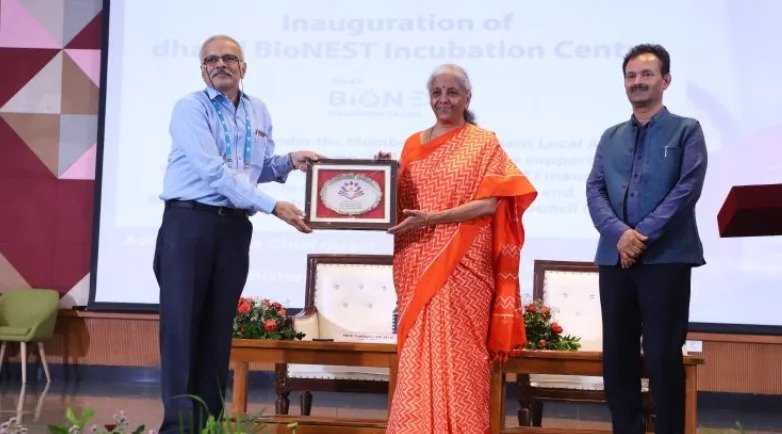IIM Bangalore releases report on Startup Incubation Ecosystem
Offering valuable insights and recommendations to policymakers and business leaders on how to create and nurture thriving startup incubators
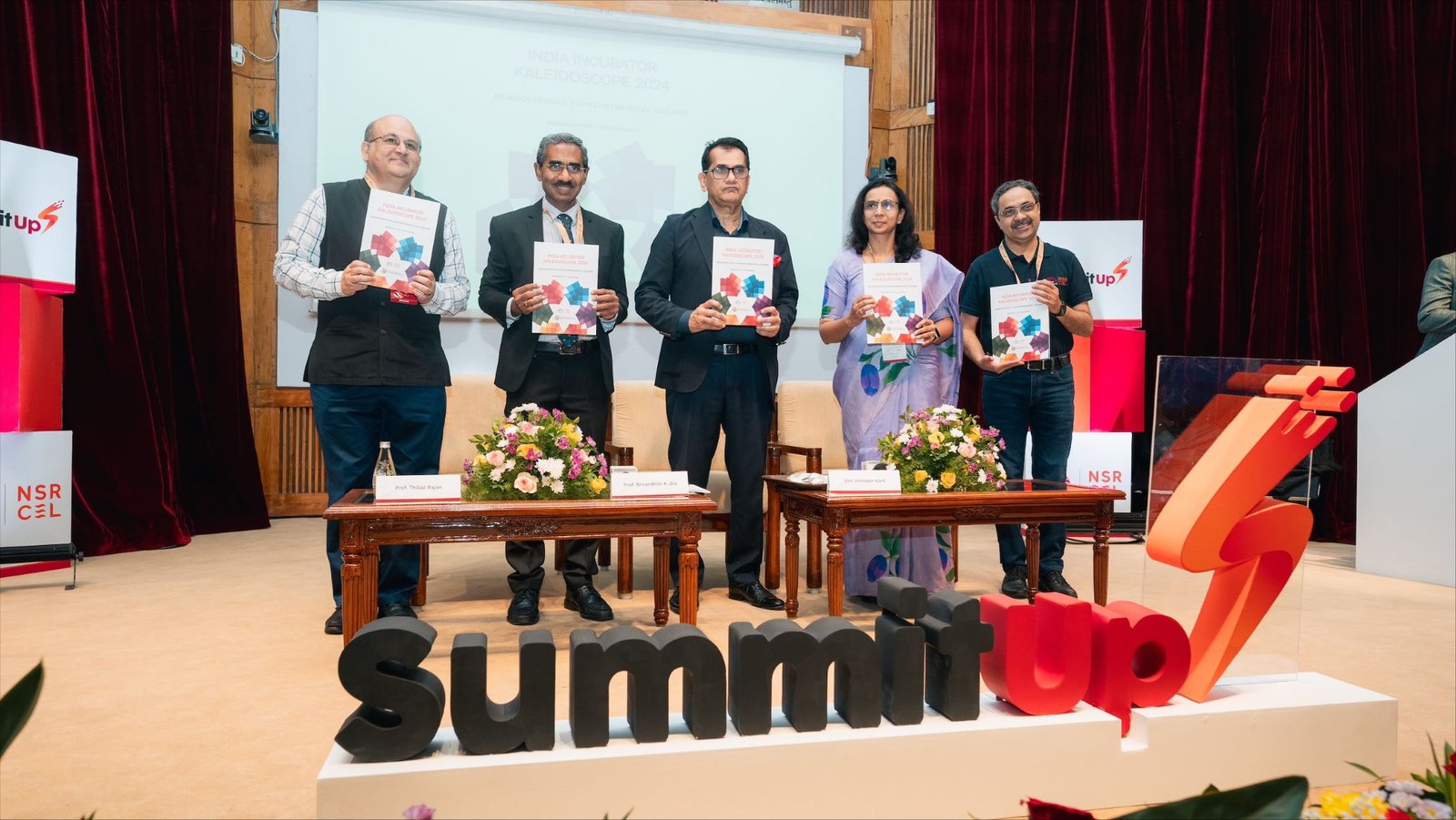
Nadathur S Raghavan Centre for Entrepreneurial Learning (NSRCEL), the startup incubator at the Indian Institute of Management (IIM) Bangalore, and the Centre for Research on Startups and Risk Financing (CREST), Indian Institute of Technology (IIT) Madras, have announced the release of their joint research report, ‘India Incubator Kaleidoscope 2024’.
The joint effort was led by Prof. Thillai Rajan A., Head, CREST and Professor of Finance, Department of Management Studies, IIT Madras and Prof. Srivardhini K Jha, Professor of Entrepreneurship, IIM Bangalore and Chairperson of NSRCEL.
The report reveals that the number of incubators in the Indian ecosystem has grown steadily, with more than 1,100 active incubators dotting the Indian startup ecosystem. The Southern region leads the pack, housing 45% of all incubators and having the highest density of incubators.
Tier I cities house almost half of all incubators (48 percent). However, the mix of incubators, viz., those hosted by academic institutions, industry and public sector, shows significant variation across cities. Chennai has a high proportion of academic incubators (82 percent), whereas Bengaluru and Gurugram have a high proportion of industry incubators at 71 percent and 84 percent respectively.
Only 8.2 percent of all startups undergo incubation. Further, 10 percent of the incubators support 98 percent of these startups that are incubated. Taken together, this highlights an urgent need to improve the performance of incubators that are underutilised and to actively engage in outreach efforts to raise awareness about the benefits of incubation.
The rate of incubation is high among deep tech sectors such as AI/ML, Data Analytics, Biotech and other sectors. All of them have an incubation rate upward of 12 percent.
Despite being smaller in number, incubated startups have won more awards in all the leading startup awards. Incubated startups have also been engaged more actively in creation of intellectual property – the percentage of incubated startups that have published patents is about 5 times more that of the non-incubated.
Among the various significant findings of this collaborative research undertaking is one that cities of Chennai and Bangalore lead the startup ecosystem with their high concentration of industry and academic incubators.
Published on : 07th October, 2024
BIO-TECH
-
IHH Healthcare and Fortis launch ‘IHH Catalyst’ to strengthen India’s healthcare innovation ecosystem 11th February, 2026

-
Venture Center receives ATF 2025 Honour for supporting assistive technology innovations 24th November, 2025
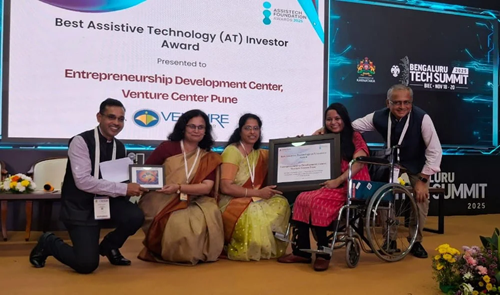
-
Vaidam Health and Vanuatu's Ministry of Health ink MoU to strengthen cross-border healthcare access 20th November, 2025

-
Whale Tank Biocatalysts hosts Startup-Investor Meet WT 3.0 in Hyderabad 17th November, 2025
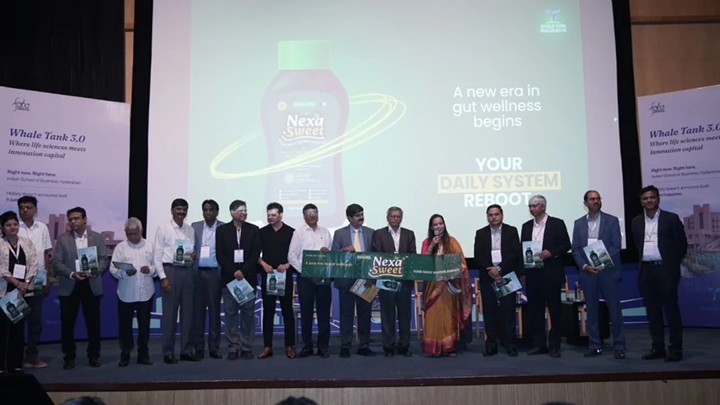
-
BTS 2025 to host India’s largest entrepreneurship platform “Future Makers Conclave” on Nov 20 06th November, 2025
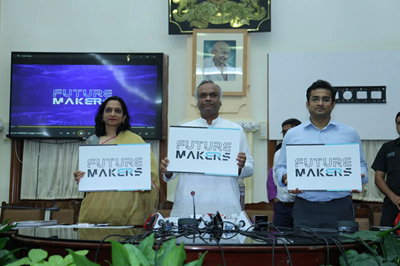
-
Bessemer Venture Partners leads Rs 125 Cr Series A funding in fertility startup Pluro 04th November, 2025

-
dhaRti BioNEST Incubation Centre opens at Indian Institute of Technology (IIT) Dharwad 15th October, 2025
